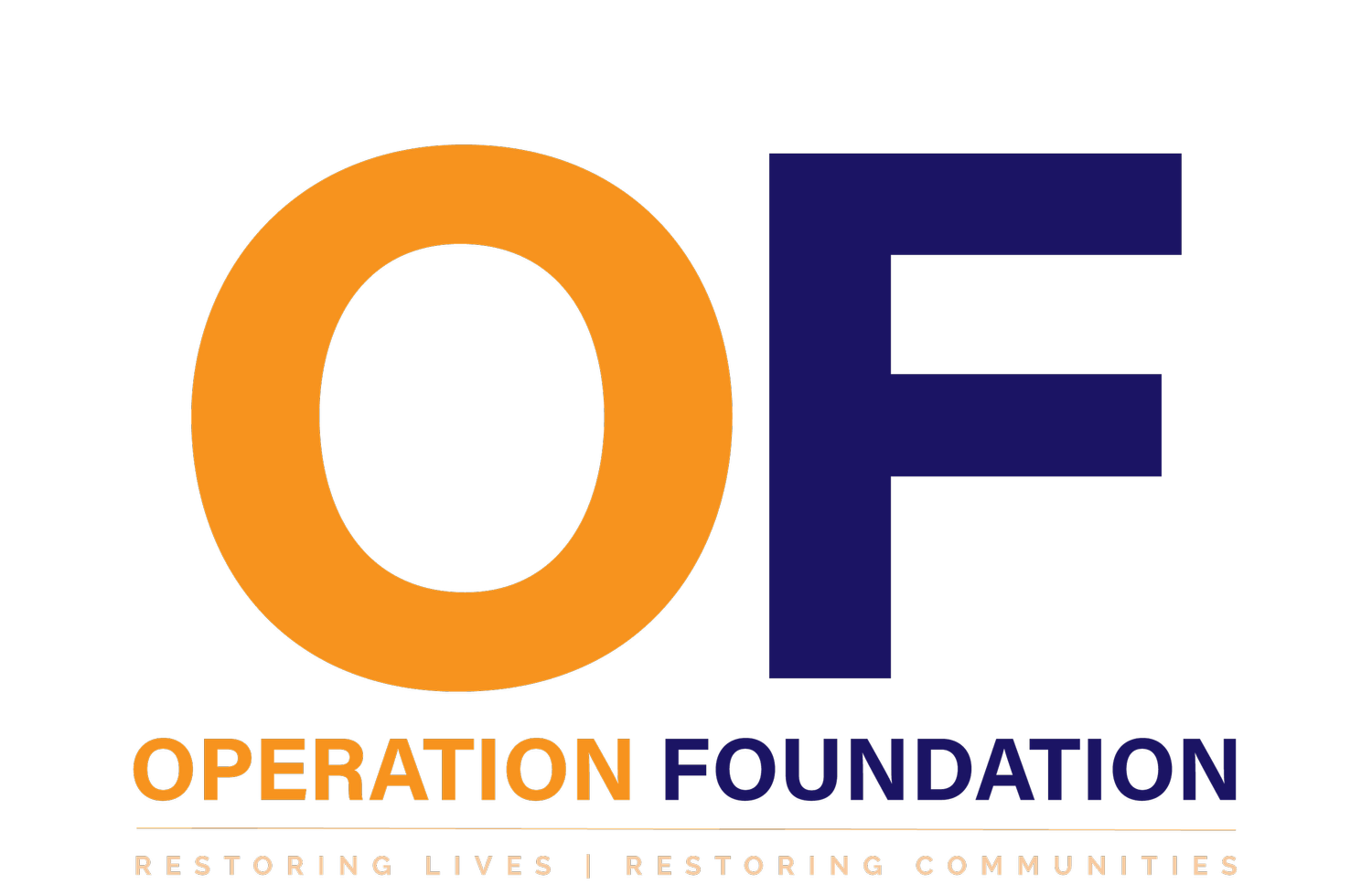Blessed are the merciful…, declares a statement of simplicity, so simple that the common path is to skip across these words, just giving a mental consent to their value while most often avoiding what it is to bring those same words to reflection and faithful practice.
Indeed our engagement in daily life affirms our recognition of the underlying value of mercy in our communities; the coin to the pavement beggar, the donation to the unfolding disaster, perhaps our silence to the gossip, or the looking past a problem in a colleague to see their back story.
Our ministry engagement within the justice arena, the rehabilitation of prisoners specifically, has provided rich exposure and some learnings. What is exposed are the limitations of our justice systems because justice is never an end in itself.
However, scripture is full of the expressions and illustrations that unfold the goal and impact of justice and mercy. From the first clothes provided to the hiding and naked couple in the garden of Eden; the invitation to Zacchaeus to leave the isolated life as an outsider and engage as a participant; to the unexpected promise of relationship to the thief on the cross.
Yet despite the biblical encouragements we often still have a desire to stop short, to seek a fulfillment in a justice, perhaps a justice of our own making. It’s as if sometimes we take a private ownership of what is right and wrong, base our belief system upon it and thereby neglect the scriptural next step – the call to show mercy, the call to love the other, love of even our enemies!
Thomas Aquinas probably expressed it best when he wrote, “Mercy does not abolish justice, but fulfils it or exceeds it.” [1] We observe this in the Parable of the Lost Son as recorded in Luke 15. Despite immense personal loss the Father seemingly skips the justice step and re-embraces the son with mercy and re-establishes his sonship, while the older brother gets all tangled up in seeking his satisfaction in the dictates of personal grievance and self-serving justice.
Justice finds its satisfaction in Mercy! Justice has its focus on the failure and the acceptable remedy to right the wrong. Mercy has its focus on human dignity! On the recovery and restoration of person-hood, of being reinstalled to community, so that the wrong is destroyed. The Parable of the Lost Son portrays these elements in abundance.
While it is easy to encounter the themes of mercy in a parable what stands as a convicting witness are the repeated actions of mercy in Jesus’ daily life. Jesus’ purposeful interactions with the lepers, the disabled, the adulterous, the prostitutes, the tax-collector, the Samaritan women. All these actions were framed within mercy and all had the action of connecting richly with the least and the most despised in that society. As Jesus did this, he encountered incredible hostility and we should expect no less if we dare to show a similar mercy. However, this hostility stands in contrast to the impact on those receiving mercy – for them it was the beginning of transformation!
As we encounter the practice of mercy, we also encounter risk. The risk of loving the incomplete other; the risk of thinking of others and indeed believing in others for the better; the risk of giving and giving and giving, the risk of being let-down or hurt. Collectively these risks bump up against the autonomy and self-sufficiency of our own person-hood, and if we are honest the acceptable practice of our society. It is in these places of practice that we begin to push against the grain, deny ourselves, pick up a cross and follow the One who is all of Mercy.
The call to mercy does not ignore the dictates of justice but is the true call to fallen humanity [2]. A call based in an action of such stunning proportions that it is everything counter-cultural - the death of the son of God.
This same call we hear today has echoed before in history - as Jesus unrolled the scroll in the synagogue and declared ‘good news to the poor, freedom for the prisoners, sight for the blind, release of the oppressed, proclaiming the year of the Lord’s favor’ [3]. A declaration of mercy revealed with all of its incredible risk-filled assistance and favour.
Do we accept the call to being merciful so that we can complete the commandment – ‘love your neighbour as yourself’?
We do accept the call and push on further so that Jesus Christ is glorified again and again in our communities and yes, even in prison communities.
We do accept the call and push on further so that our neighbour, the broken one, our enemy, is restored into the fellowship of love - for ‘God so loved the world that he gave…’ and risked all of Himself in being merciful for the undeserving and least of all people – me.
Blessed are the merciful for they will be shown mercy. Matthew 5:7 [4]
~ Peter Schultz
1. Thomas Aquinas, Super Evangelium S, Matthaei, cap. 5, lc. 2
2. John 3:17, For God did not send his son into the world to condemn the world but to save...
3. Luke 4:17-19, New International Version (NIV) Bible, Zondervan Publishers, 1985
4. Matthew 5:7, New International Version (NIV) Bible, Zondervan Publishers, 1985

